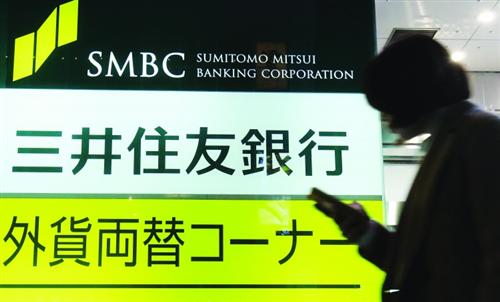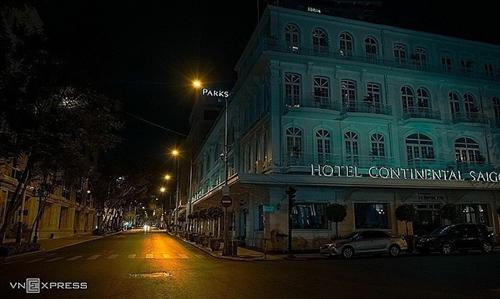HCM City increases supplies of price-stabilised goods
HCM City increases supplies of price-stabilised goods
Following the success of past price stabilisation programmes for essential products, HCM City has started its latest one. 
The programme, to run until March 31 next year, has attracted the participation of 37 enterprises, including some major ones with popular brands.
Twelve banks have also joined, earmarking VND19.65 trillion (US$831.8 million) for providing short- and medium-term loans to the participating firms at interest rates that are up to 1 percentage point lower than market rates.
This year face masks and hand sanitisers have for the first time been added to the list of essential goods. The 10 others are rice, noodles and vermicelli; sugar; cooking oil; eggs; cattle meat; poultry meat; vegetables; processed foods; seafood; and seasoning.
The goods sold under the programme normally account for 25-30 per cent of market demand, and 25 - 40 per cent around Tet (Lunar New Year). But amid the COVID-19 pandemic they have been accounting for 35-50 per cent of demand.
A spokesperson for the Saigon Union of Trading Co-operatives said Saigon Co.op was taking part in the programme just like in previous years. Saigon Co.op has also been designated the main distributor of face masks and hand sanitisers by the city Department of Industry and Trade.
Nguyen Anh Duc, general director of Saigon Co.op, said Saigon Co.op had stockpiled 30-40 per cent more goods than normal, and could meet demand for three to six months at unchanged prices.
It had also provided capital in advance to businesses and co-operatives to expand production and supply goods for the programme, and stockpile goods to prevent price volatility.
Nguyen Huynh Trang, deputy director of the department, said the purpose of the programme was to keep the prices of essential goods steady through 2020 and Lunar New Year early next year, especially amid the pandemic, not just in HCM City but the entire country.
Goods sold through the programme are locally made with clear origins that meet hygiene and food safety standards and have assured quality, according to Trang.
Firms participating in the programme have to register their prices with the Department of Finance – and they have to be 5-10 per cent lower than market prices -- and maintain them until after the 2021 Lunar New Year.
Under the programme this year the city seeks to help participating businesses expand sales networks and encourage them to tie up with modern distribution channels like supermarkets and convenience stores, develop sales points at traditional markets, industrial parts, export processing zones, and outlying districts, and organise mobile sales trips to enable more consumers to buy their goods.
It also encourages firms to invest more in improving packaging and design and diversify their products.






















